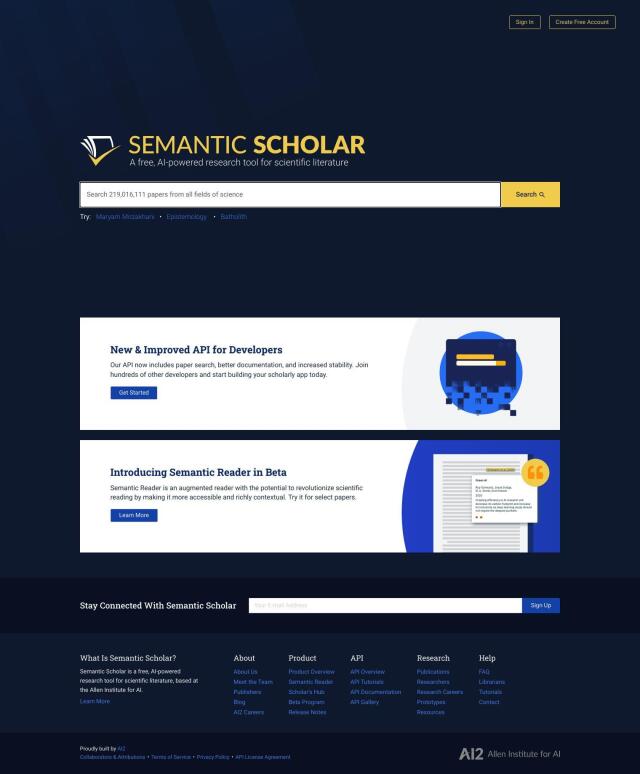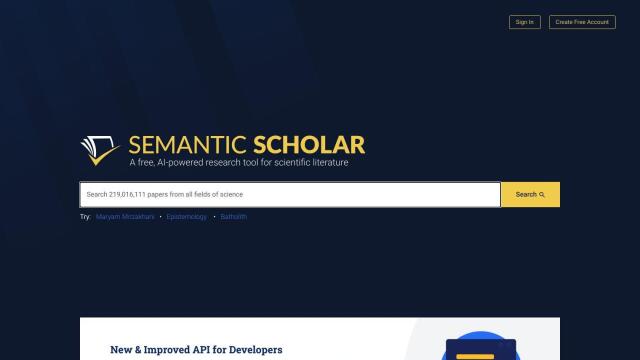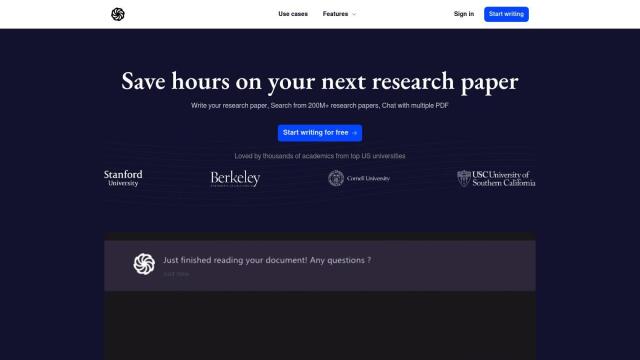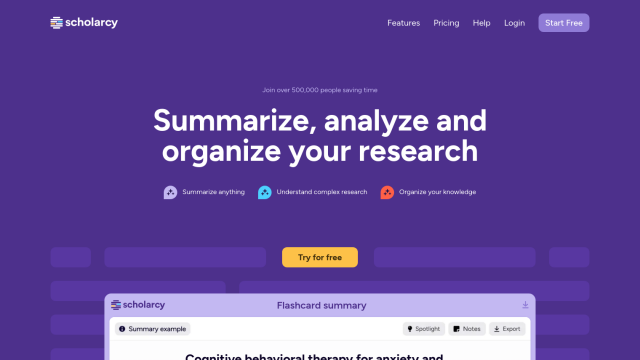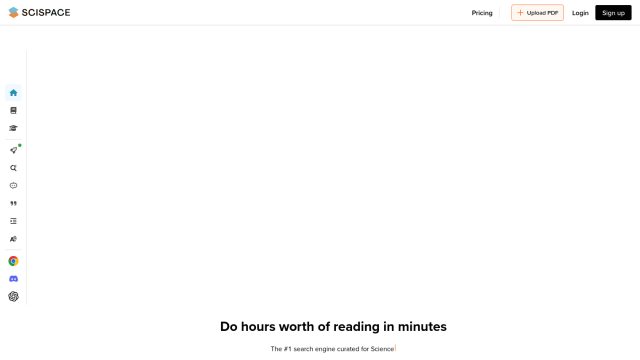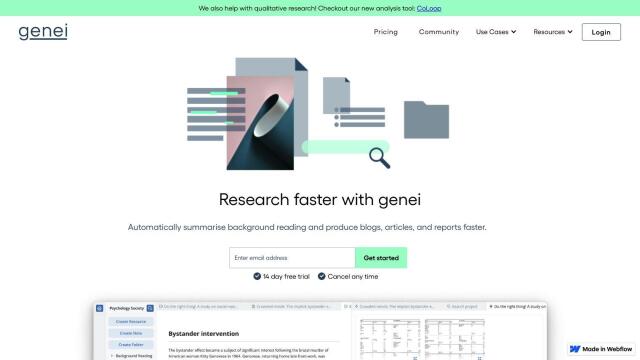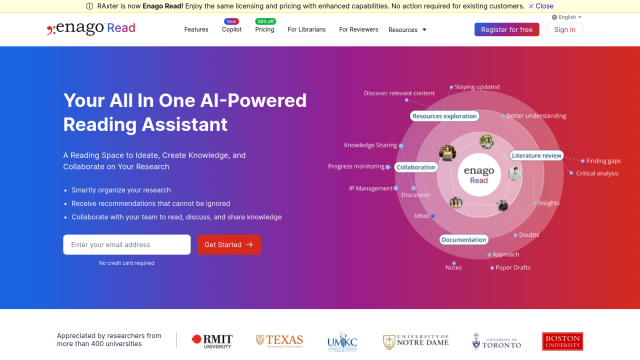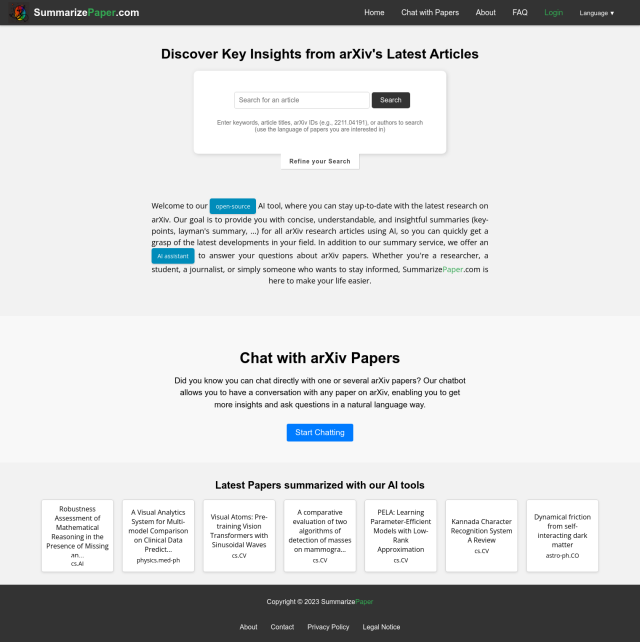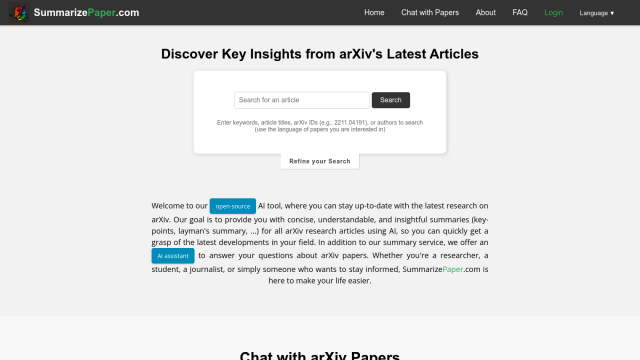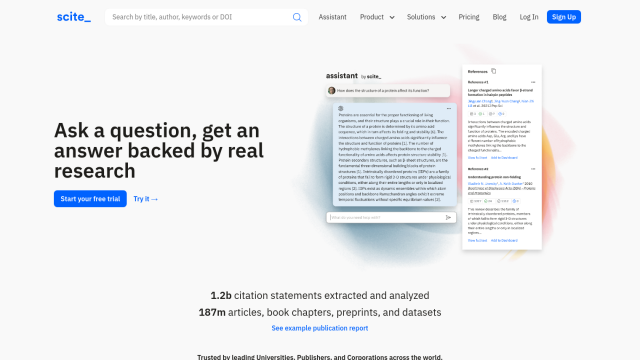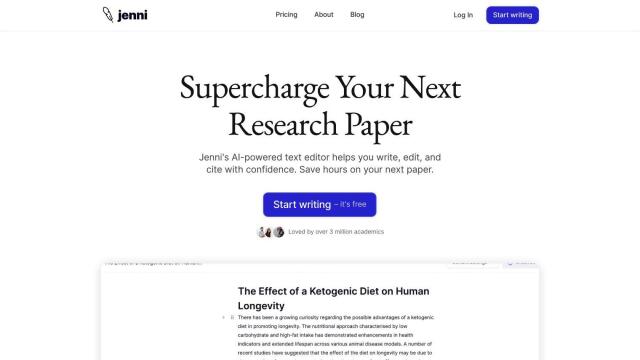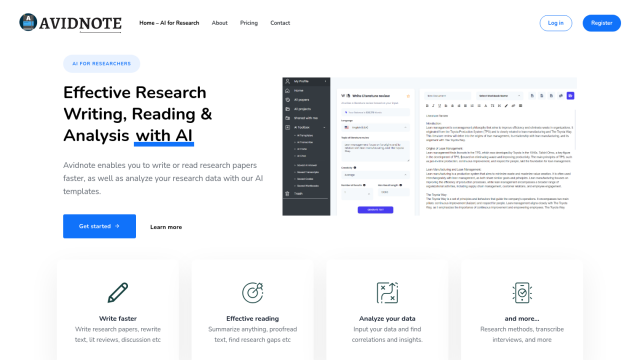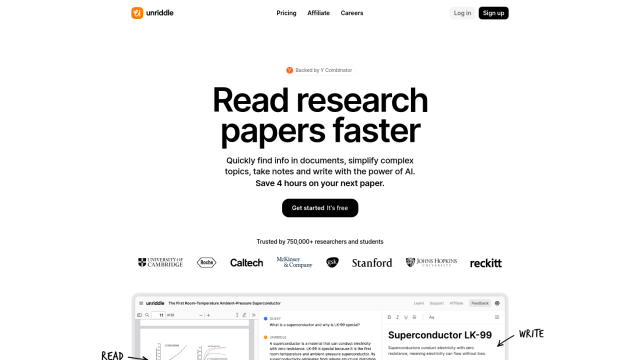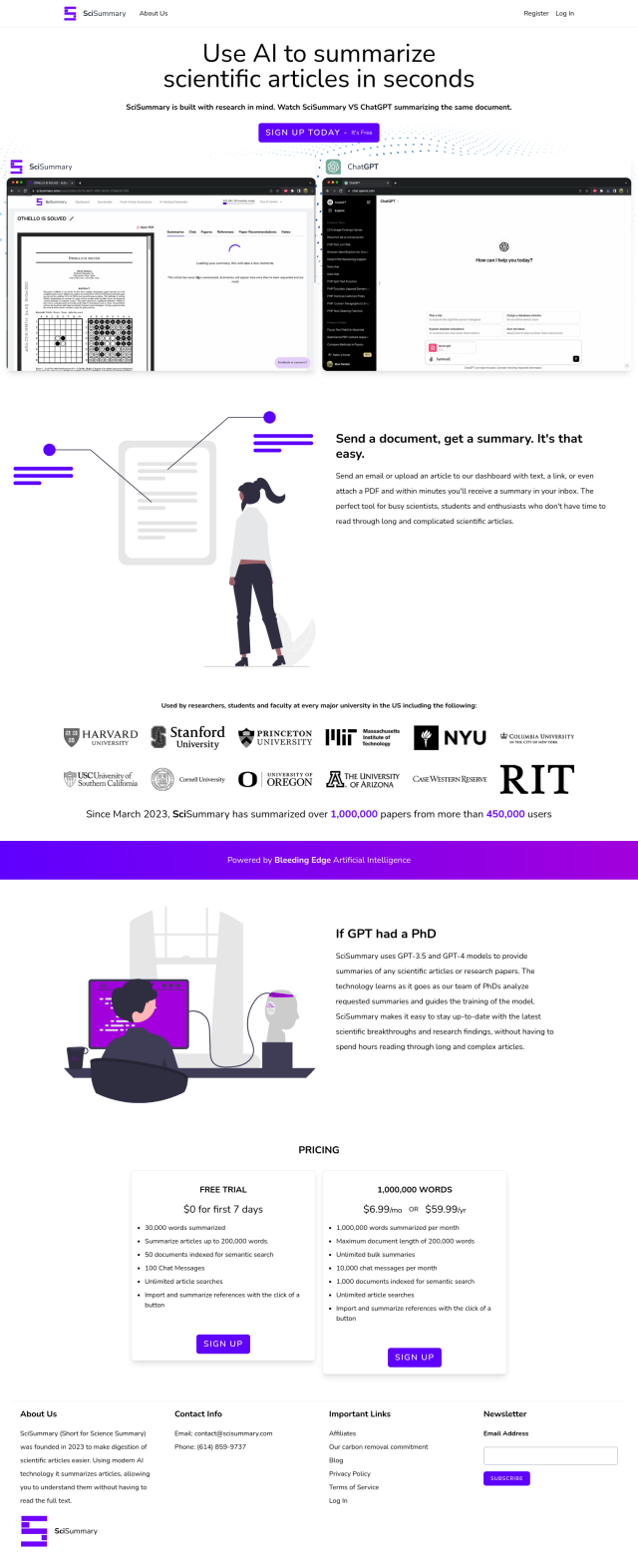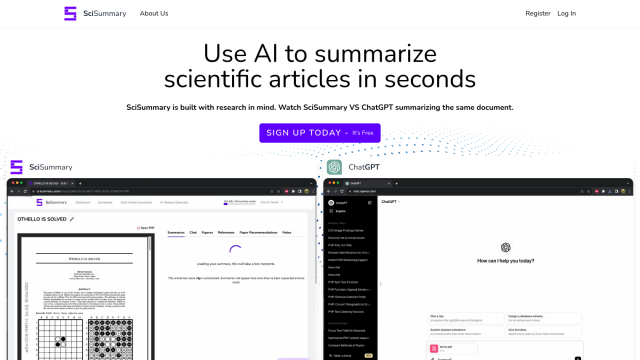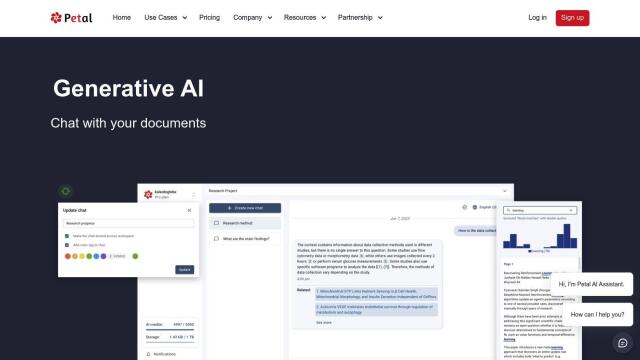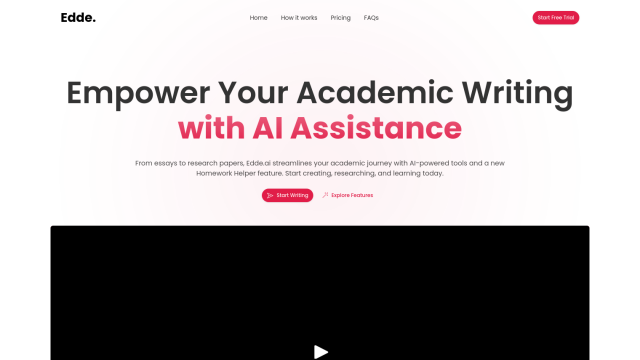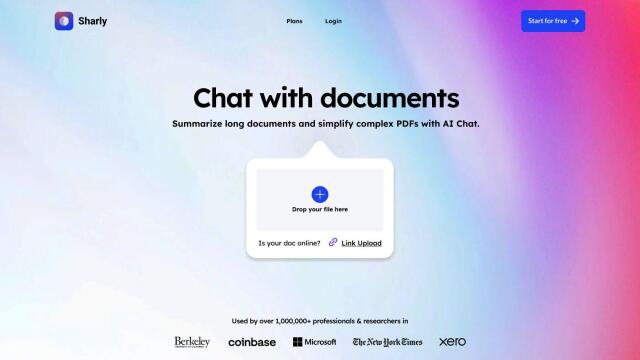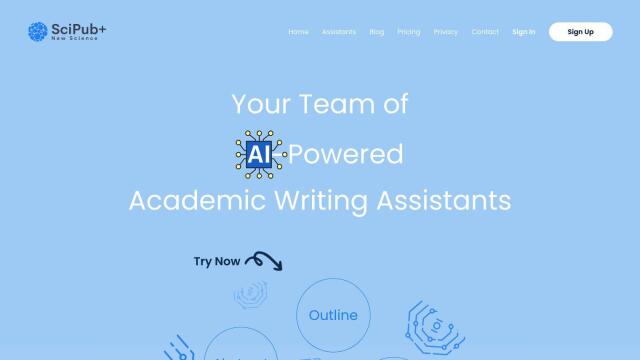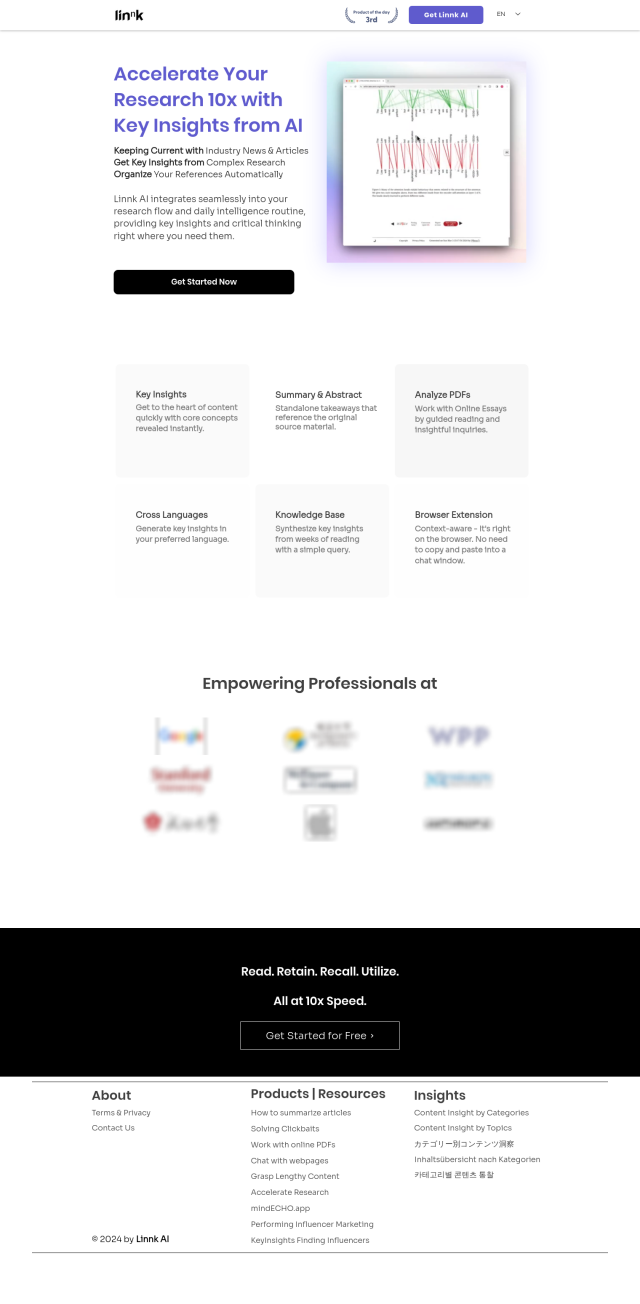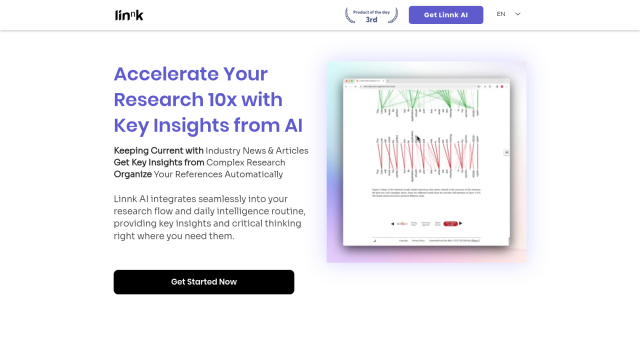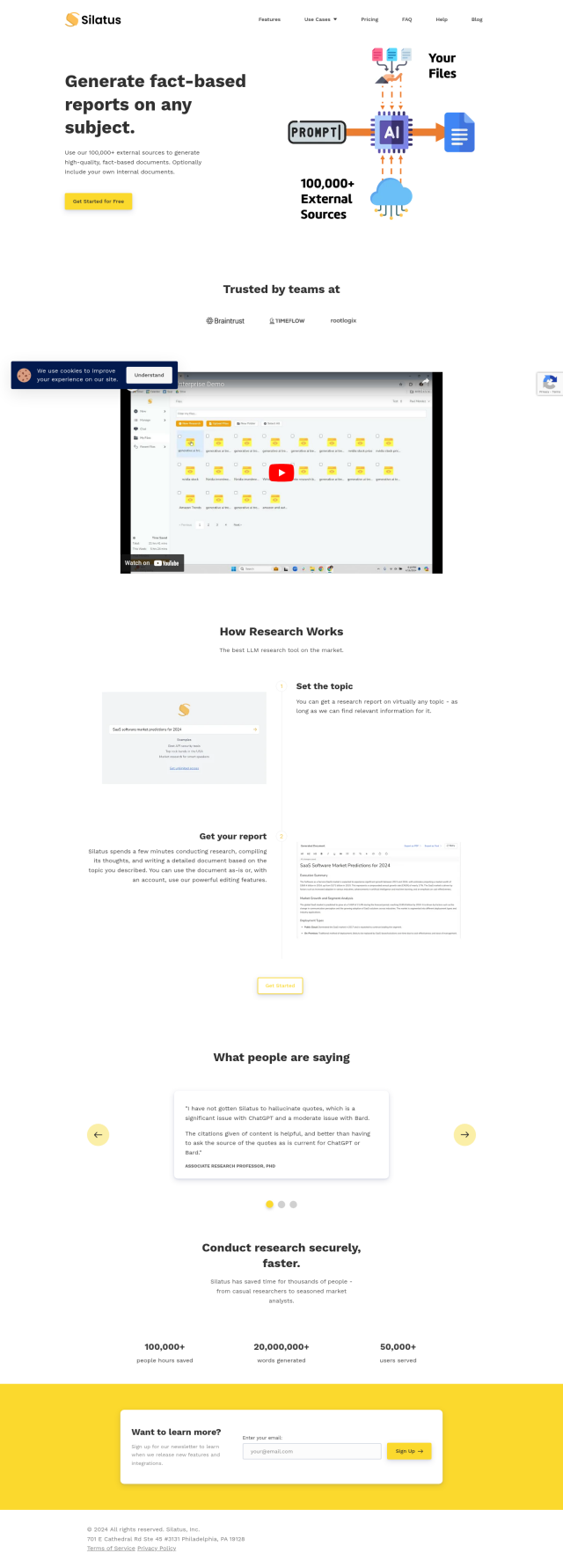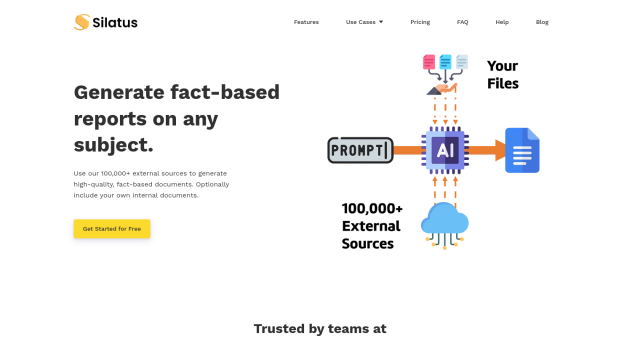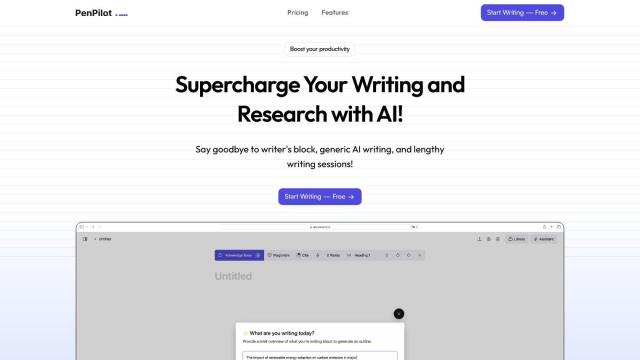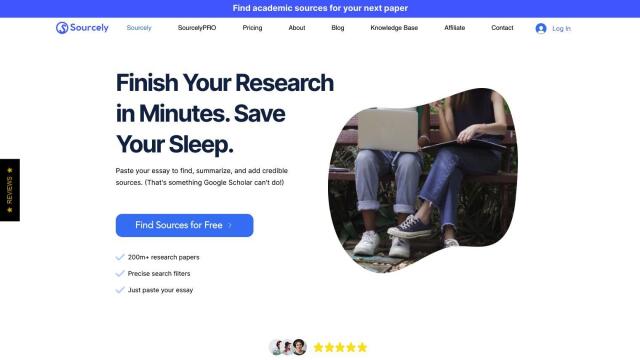
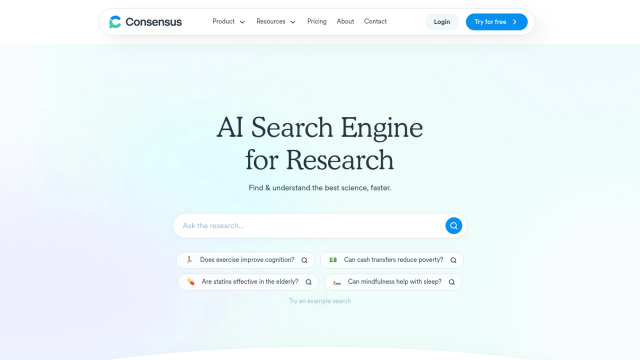
Consensus
If you're looking for a Semantic Scholar alternative, Consensus is worth a look. It's an AI-based academic search engine that lets you quickly find and understand relevant science and research papers. With a broad coverage of research and tools like Copilot and Consensus Meter, it offers features like GPT-4 summaries, bookmarks and an API, making it useful for students, researchers and science organizations.

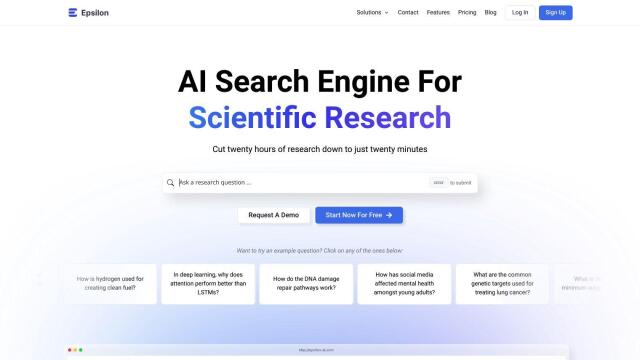
Epsilon
Another contender is Epsilon, which offers AI-based search to speed up scientific discovery. It offers features like Investigate for summarized answers, Search for organizing publications, Validate for evaluating claims, and Synthesize for detailed summaries. With more than 30,000 users around the world, Epsilon is designed to offer results that are trustworthy and based on fact and academic literature.


Elicit
If you need a tool to extract information from papers, Elicit could be a good choice. It lets you search, summarize and extract data from more than 125 million academic papers. It's geared for empirical subjects like biomedicine and machine learning, for example, to help with tasks like literature reviews and systematic reviews. Elicit has several pricing tiers, including a free basic version.

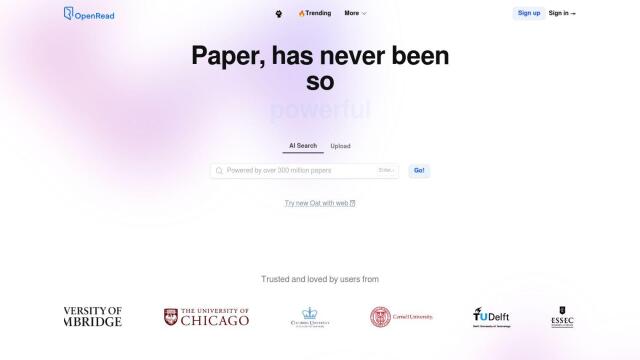
OpenRead
Last, OpenRead offers a research tool with access to more than 300 million papers indexed in real time from more than 20,000 journals. Its tools include Paper Espresso for summarizing content, Paper Q&A for interactive questions, and a Related Paper Graph to see connections. OpenRead is designed to help you work more efficiently and to innovate in academic research.
